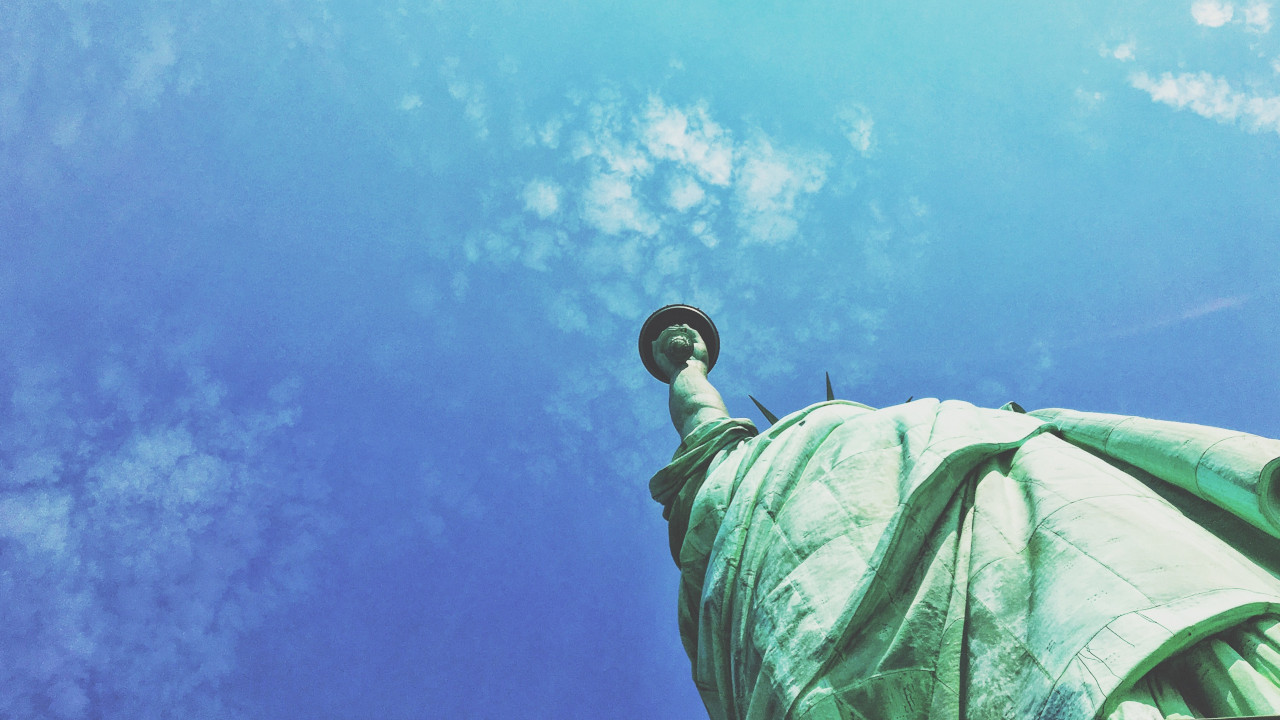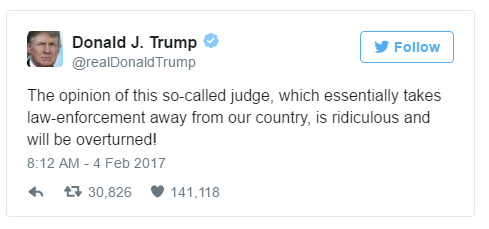
- Accenture calls for action on the digital procurement revolution
In a recent report, the global management consultancy made no bones about the disappointment it feels at what it perceives as an almost industry-wide failure to embrace the technologies available for digitising procurement. It states that “procurement organisation has been largely left behind in the digital revolution. That needs to change.”
The report looks at how bots can be used to automate and streamline manual or routine procurement tasks, how making use of available expertise such as speaking to buying agents and advisors will help people make the best purchasing decisions and deliver optimal value to the business.
Accenture specializes in helping procurement companies to digitize their business operations, and the report shows confidence that the familiar frustrations surrounding procurement today will give way to a simple and intuitive buying experience for users to enthusiastically embrace.
http://www.supplychaindigital.com/procurement/accenture-calls-action-digital-procurement-revolution
- iPhones and Children Are a Toxic Pair, Say Two Big Apple Investors
“Apple can play a defining role in signaling to the industry that paying special attention to the health and development of the next generation is both good business and the right thing to do,” the shareholders wrote in the letter, a copy of which was reviewed by The Wall Street Journal. “There is a developing consensus around the world including Silicon Valley that the potential long-term consequences of new technologies need to be factored in at the outset, and no company can outsource that responsibility.”
Obsessive teenage phone usage has sparked a debate among academics, parents and even the people who helped create the iPhone. Some have raised concerns about increased rates in teen depression and suicide and worry that phones are replacing old-fashioned human interaction. It is part of a broader re-evaluation of the effects on society of technology and social media.
- Can We Digitize the Voting System? Blockchain, Corruption, and Hacking
- How Actual Smart People Talk About Themselves
They all know it. A lifetime of quietly comparing their ease in handling intellectual challenges—at the chess board, in the classroom, in the debating or writing arena—with the efforts of other people gave them the message.
Virtually none of them (need to) say it. There are a few prominent exceptions, of talented people who annoyingly go out of their way to announce that fact. Muhammed Ali is the charming extreme exception illustrating the rule: he said he was The Greatest, and was. Most greats don’t need to say so. It would be like Roger Federer introducing himself with, “You know, I’m quite graceful and gifted.” Or Meryl Streep asking, “Have you seen my awards?”
- H-1B visa extensions for workers waiting on green cards are safe for now
The Trump administration appears to be creating distance between itself and rumors that it might end the practice of extending H-1B visas during the green card application process. The rumored change would have a large impact on foreign tech workers in the U.S., but the United States Citizenship and Immigration Services (USCIS) is offering assurances that no such policy change is underway.
https://techcrunch.com/2018/01/09/h-1b-visa-extension-green-card-policy-change-uscis/?ncid=rss
Photo: Tim Gouw



